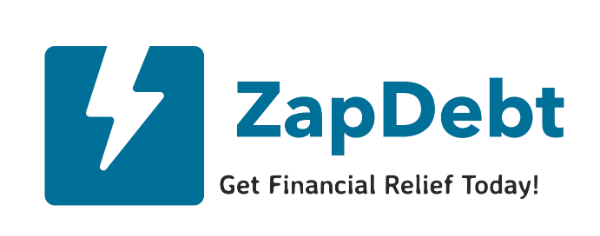In the modern financial landscape, debt has become an increasingly pressing issue for a large number of South Africans. As the burden of financial commitments continues to grow, many find themselves in search of effective strategies to regain control over their financial well-being. One such avenue is the concept of “Debt Review,” a structured and regulated process designed to help individuals manage their debt more effectively.
What is Debt Review?
Debt Review, also known as Debt Counselling, is a formal intervention process regulated by the National Credit Act (NCA) in South Africa. It serves as a lifeline for over-indebted individuals, providing them with a legal framework to renegotiate their debts and establish a more manageable repayment plan. The primary objective is to offer financial relief while ensuring that creditors receive consistent payments. It’s a win-win situation: creditors get paid, and debtors get a chance to regain financial stability without resorting to more drastic measures like bankruptcy.

How Does Debt Review Work?

The Debt Review process begins with an in-depth financial assessment conducted by a certified debt counsellor. This professional will evaluate your income, expenses, and all outstanding debts to determine your level of over-indebtedness. Based on this assessment, the counsellor will then develop a tailored repayment plan that aligns with your financial capabilities.
Once the repayment plan is established, the debt counsellor takes on the role of mediator, negotiating with your creditors to restructure your debt. This often involves extending the loan term, reducing the interest rate, or even waiving additional fees. The restructured debts are then consolidated into a single, more manageable monthly payment. During this period, you are legally protected from any repossession actions by your creditors, provided you adhere to the new repayment plan.
Debt Review Advantages?
Opting for Debt Review offers a multitude of advantages that extend beyond immediate financial relief. Here are some additional benefits:
- Structured Financial Management: Being under Debt Review means you’ll have a structured financial plan that makes it easier to manage your debts. It’s a disciplined approach that helps you regain control over your finances.
- Interest Rate Reduction: In some cases, creditors may agree to reduce the interest rates on your debts, making your repayments more manageable in the long run.
- Single Monthly Payment: Debt Review consolidates all your debts into a single monthly payment, simplifying your financial obligations and making it easier to budget.
- Expert Guidance: The process provides you with expert advice from certified debt counsellors. This guidance can be invaluable in helping you understand the nuances of debt management.
- Psychological Relief: Knowing that you are actively addressing your debt issues can offer significant psychological relief, reducing stress and anxiety related to financial matters.

Debt Review Disadvantages
While Debt Review offers a structured pathway to financial stability, it’s crucial to be aware of its limitations and drawbacks:

- Credit Access: One of the most significant disadvantages is that you can’t take on any new credit while under Debt Review. This can be limiting if you encounter unexpected expenses.
- Long Duration: The process can be lengthy, sometimes taking up to five years to complete. This long-term commitment can be daunting for some individuals.
- Stigma: There’s often a social stigma associated with being under Debt Review, which can affect your personal and professional life.
- Costs: Apart from the initial setup fees, there are monthly service fees that you’ll need to pay to the debt counsellor. These costs can add up over time.
- Credit Score Impact: Your credit score will be affected negatively in the short term, as the Debt Review status will be flagged on your credit report until all debts are settled and a clearance certificate is issued.
By weighing these advantages and disadvantages carefully, you can make an informed decision on whether Debt Review is the right option for your financial situation.
Cost Summary
- Application Fee: Around R50
- Restructuring Fee: Up to R6,000 (can be divided into the first 3 payments)
- Monthly Aftercare Fee: Around R450
- PDA Fees: 3% of the Monthly repayment amount.
- Legal Fees: Varies (only if court intervention is needed)
For a detailed pricing structure, please visit our Debt Review Pricing Guide.
The Debt Review Process Step-by Step
- Consultation: Initial meeting with a certified debt counsellor.
- Assessment: Comprehensive financial evaluation to determine over-indebtedness.
- Application: Submission of Debt Review application to the NCA.
- Negotiation: Debt counsellor negotiates with creditors to restructure debt.
- Payment Plan: Establishment of a new, consolidated repayment plan.
- Legal Protection: Court order confirming the new repayment plan, providing legal protection.
- Monthly Payments: Consistent payments as per the new plan.
- Completion: Once all debts are paid, a clearance certificate is issued.
Do You Have Any Questions About Debt Review?
Visit Our Debt Review FAQ Page or Alternatively book your Free Consultation with a top-tier debt counsellor from our network of Debt counsellors
